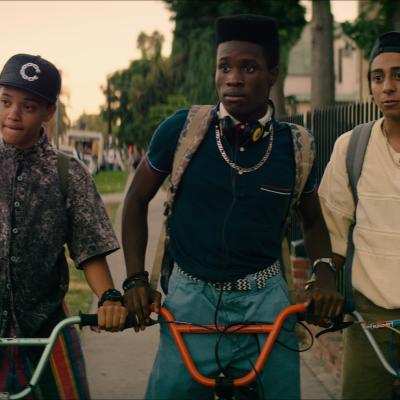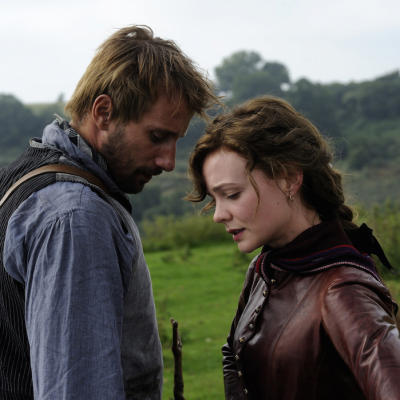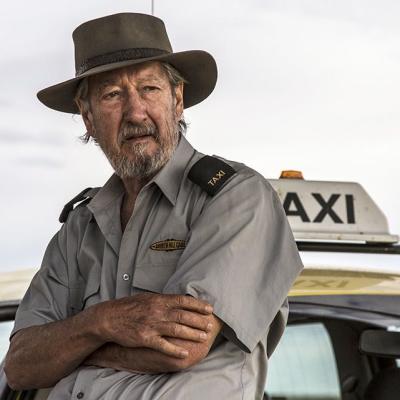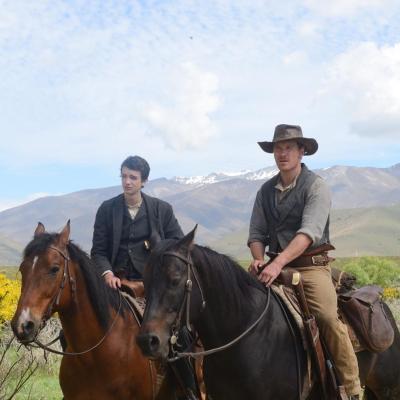Unlike many of his peers, indie filmmaker Abel Ferrara’s long career has never produced a big breakthrough moment. He continues to do what he does best – following his uncompromising vision – but he’s always seemed a bit too prickly to be a widely acclaimed filmmaker.
It’s no surprise that Ferrara, who is known for his often very graphic and violent films, would be drawn to Pier Paolo Pasolini, the enfant terrible of Italian art cinema who churned out many incredible works in his shocking, almost hysterical satirical style until his untimely death in 1975 at the age of 53.
It is largely Pasolini’s death that concerns Ferrara in this film. While it is officially a mystery why and how Pasolini was murdered – was it because of his left-wing leanings and his criticism of the status quo? a revenge killing? a gay bashing? – the film focuses on Pasolini’s homosexuality, particularly his taste for teenage boys and ultimately presents this as the impetus for his murder.
The fractured film is episodic, showing Pasolini conducting several interviews with journalists, spending time with his family at home, and writing letters outlining what he intended to be his next film. Alongside these sections are short depictions of a young Pasolini in his formative years, as well as an approximation of the film outlined in his correspondence.
The casting of Willem Dafoe in the lead role is an unusual one, but he does an excellent job, despite his questionable Italian accent. Even hiding behind the director’s signature dark glasses, he makes the character fully rounded and likeable, investing Pasolini’s long-winded and often combative answers with passion and intelligence.
The film falters, however, in its structure. Scenes are often short and protracted, offering little for the audience to take hold of before they move onto the next, making for a viewing experience that can be frustrating. The non-linear structure adds very little to the story, and at this point it is somewhat of cliché.
The sections that use floating, abstract imagery and brooding slow motion, particularly in the beginning of the film, come across as laboured and self-conscious. At points, the film feels clumsy almost to the point of unintentional parody.
The film's final section, showing the final hours in Pasolini's life, is actually very gripping. That is the point in the film at which the audience is finally given access to the film's subject on a personal level. The greater focus in this section makes the film more enjoyable, but it also throws into sharp relief how uneven and unbalanced it is as a whole.
Without solid background knowledge of Pier Paolo Pasolini and his work, this film will leave many people scratching their heads. It should have served as a portrait of the man and the great things he achieved, not only as a filmmaker, but as a writer of fiction, a poet, a journalist and more, but instead it feels hurried and even unfinished.
Pasolini ignites a spark – it makes you want to see more of the titular filmmaker and find out more about who he was – but as a film in and of itself, it is not a success. I can’t say if a big breakthrough is what Abel Ferrara is after, but in this film, when his considerable filmmaking talents should have shone, he’s very much in Pasolini’s shadow.
Pasolini is part of the 2015 Sydney Film Festival program.




